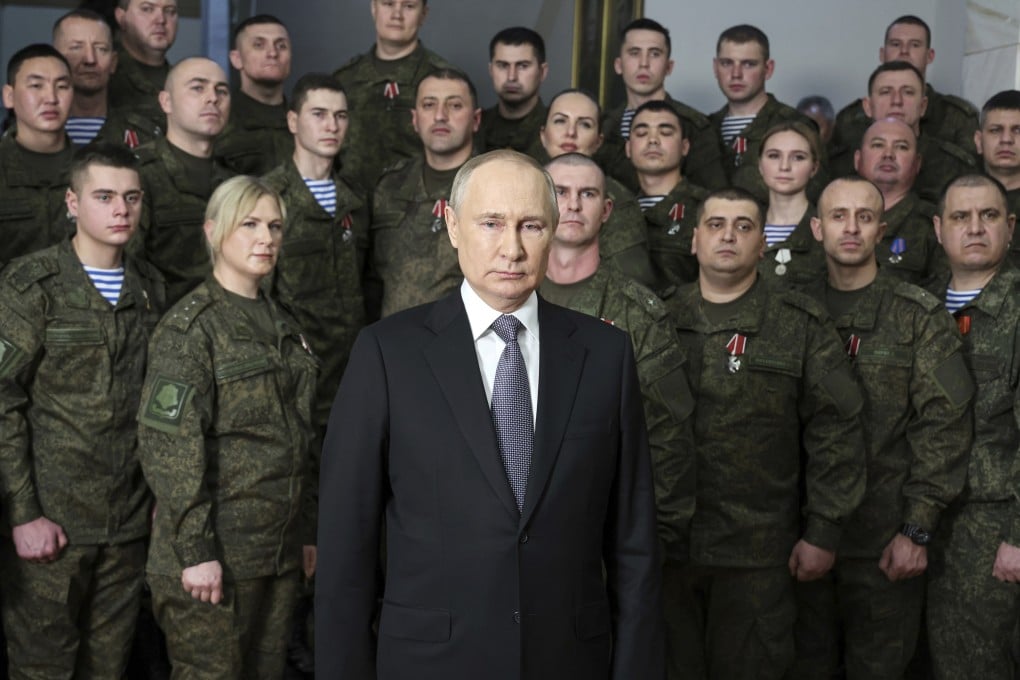Advertisement
As I see it | Ukraine war, 1 year on: have sanctions against Russia served their purpose?
- February 24 is the anniversary of what Russian President Vladimir Putin calls a ‘special military operation’ and what Ukraine and its supporters call an illegal invasion
- Moscow has gained hugely from a surge in oil prices, amid measures taken by only around 15 per cent of world’s population to try to hurt its economy to halt the war
Reading Time:3 minutes
Why you can trust SCMP
10

Britain observes a nationwide moment of silence today to mark the first anniversary of Russia’s illegal war on Ukraine.
Across countries in the Western alliance backing Kyiv, one expects that there will be similar commemorative events.
Friday marks not just the anniversary of what Russian President Vladimir Putin termed a “special military operation” – now a conflict that has claimed tens of thousands of lives and displaced millions of Ukrainians.
Advertisement
It is also a year since the European Union unleashed the first of a torrent of economic sanctions against Moscow.
In an emergency summit held as the war began, EU foreign policy chief Joseph Borrell labelled the first round of measures “the harshest package of sanctions we have ever implemented”.
Advertisement
“Our sanctions will hurt the Russian economy in its heart,” said Belgian Prime Minister Alexander De Croo.
Advertisement
Select Voice
Select Speed
1.00x
